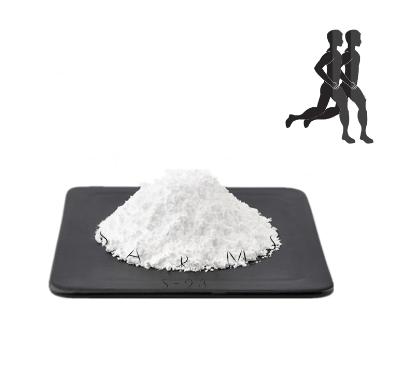
- +86-13363869198
- weimiaohb@126.com

Aug . 15, 2024 01:12 Back to list
Exploring the Potential Benefits of Curcumin in Managing Diabetes and Its Complications
Curcumin and Diabetes A Promising Natural Therapeutic Approach
Diabetes is a chronic metabolic disorder characterized by high blood sugar levels, primarily due to either inadequate insulin production or the body's inability to effectively use insulin. The global prevalence of diabetes has reached epidemic proportions, prompting researchers and healthcare providers to seek innovative and effective treatment strategies. Among various natural compounds, curcumin—an active ingredient found in the spice turmeric—has gained considerable attention for its potential benefits in managing diabetes.
Curcumin, known for its vibrant yellow color and distinctive flavor, possesses anti-inflammatory, antioxidant, and anti-diabetic properties. These attributes make it a subject of interest in medical research, particularly for those looking to manage or prevent diabetes. Studies have suggested that curcumin can improve insulin sensitivity, which is crucial for maintaining normal blood sugar levels. It achieves this by enhancing the function of pancreatic beta cells, which are responsible for insulin production.
Curcumin and Diabetes A Promising Natural Therapeutic Approach
In addition to addressing insulin sensitivity, curcumin may also influence glucose metabolism. Research indicates that curcumin can inhibit enzymes involved in glucose production in the liver, thereby reducing blood sugar levels after meals. This mechanism is particularly beneficial for individuals with type 2 diabetes, where postprandial (after meal) blood sugar spikes are common.
curcumin diabetes

Moreover, curcumin appears to have a role in weight management, which is crucial for diabetes control. Obesity is a major risk factor for developing type 2 diabetes, and curcumin has been shown to help in reducing body weight and fat deposits. By promoting fat metabolism and altering the composition of gut microbiota, curcumin can assist in achieving and maintaining a healthy weight.
Although the potential benefits of curcumin for diabetes are promising, it's essential to consider its bioavailability. Curcumin is poorly absorbed in the gastrointestinal tract when consumed alone; however, pairing it with black pepper extract (piperine) has been shown to enhance its absorption significantly. Incorporating curcumin into the diet through turmeric spice or supplements that include piperine may provide a more effective means of experiencing its therapeutic effects.
While many studies have highlighted the beneficial effects of curcumin in preclinical and clinical settings, further research is needed to better understand its mechanisms of action, optimal dosages, and long-term effects on diabetes management. As always, individuals considering curcumin as a supplementary treatment should consult healthcare professionals, especially since diabetes management often requires a comprehensive approach that includes lifestyle changes, diet, and medication.
In conclusion, curcumin presents a promising natural avenue for diabetes management owing to its various health benefits, particularly its anti-inflammatory, antioxidant, and insulin-sensitizing properties. As research continues to explore its full potential, curcumin may soon become a staple in the dietary management of diabetes, supporting a holistic approach to health and wellness for those affected by this chronic condition.
-
High-Quality GS-441524 for White Liquid Type Factories & Suppliers
NewsJul.29,2025
-
High-Quality Pharmaceutical Intermediates for Sale – Reliable Supply
NewsJul.29,2025
-
High-Quality Pharmaceutical Intermediates for Sale - Reliable Solutions
NewsJul.29,2025
-
High-Quality Pharmaceutical Intermediates Supplier for Global Market
NewsJul.28,2025
-
GS-441524 for White Liquid Type Factories – High Purity & Reliable Supply
NewsJul.28,2025
-
Buy 158861 67 7 Peptide for Effective Weight Loss and Muscle Gain
NewsJul.27,2025